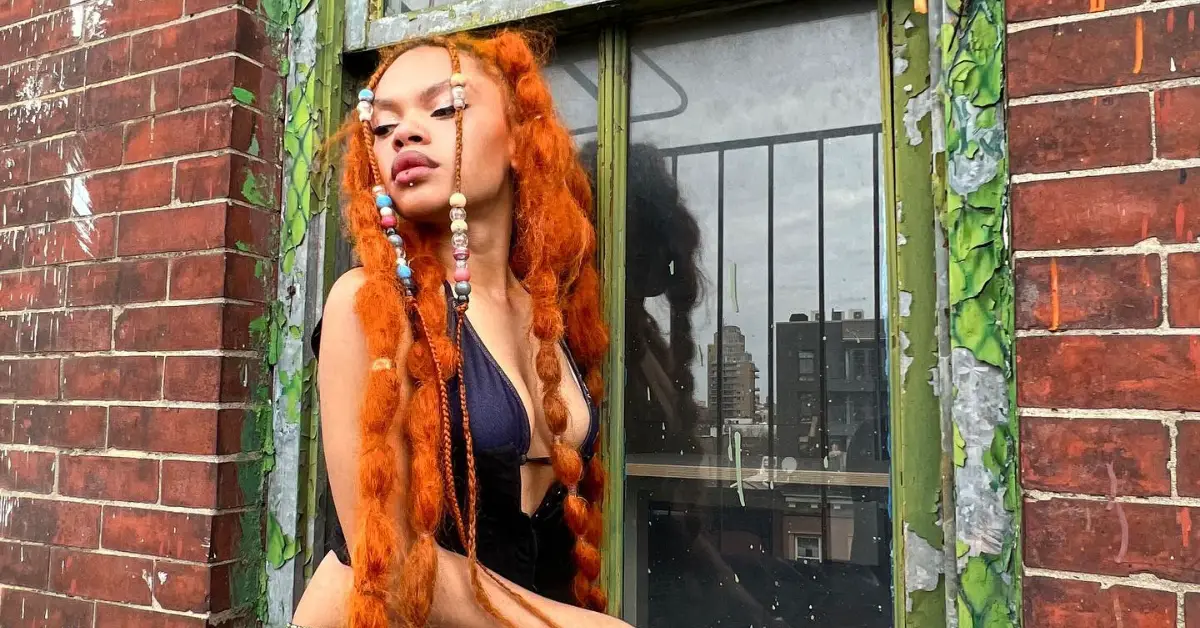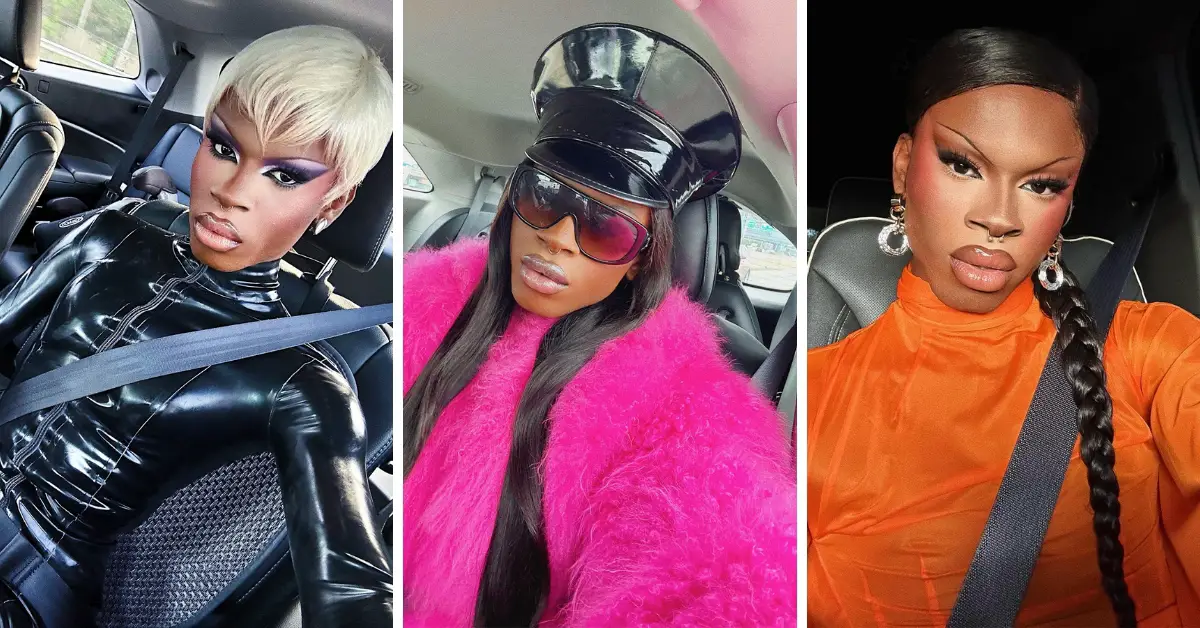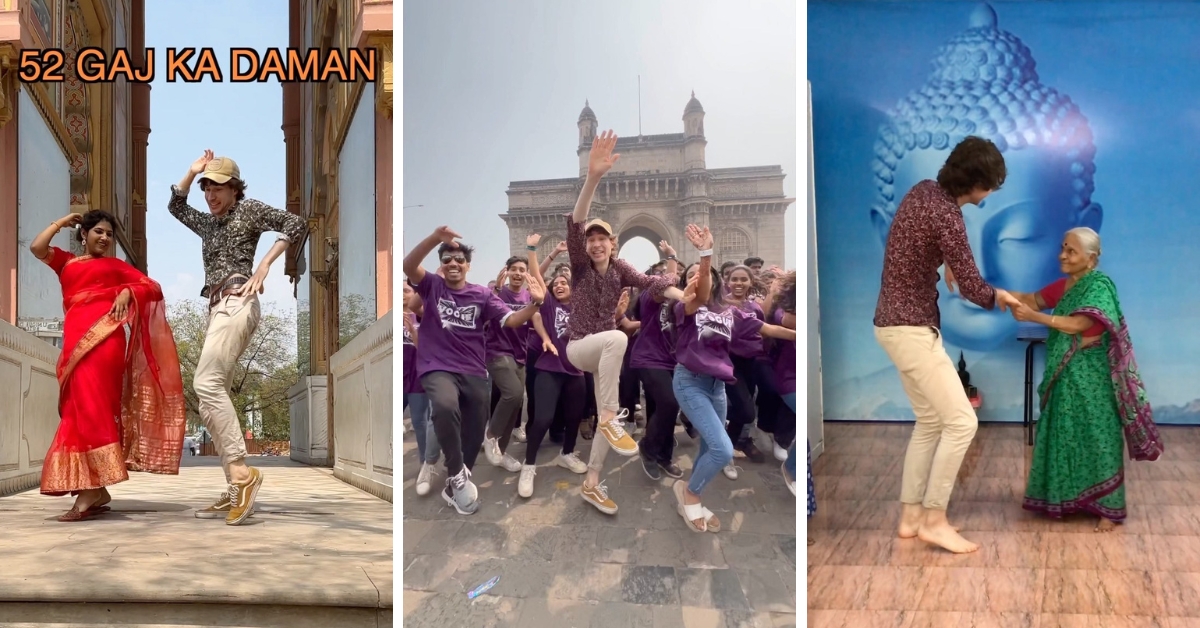AI virtual influencers are revolutionizing social media marketing, driving trust and engagement. Learn how brands like Puma and Chanel are leading the way.
Table of Contents
AI Virtual Influencers

AI virtual influencers are rapidly transforming the landscape of social media marketing.
They are becoming influential figures in brand promotions while captivating millions of followers.
These digital personalities are gaining immense popularity and forming impactful collaborations with global brands, similar to real-life influencers.
Their reach and influence present a new, convenient option for marketing strategists worldwide.
Laila Khadraa: Puma’s New Virtual Ambassador

One of the emerging stars in this space is Laila Khadraa, Puma’s latest virtual ambassador.
Created by Loop, a leading software developer, Laila is portrayed as a 21-year-old Moroccan marketing student passionate about football, running, and surfing.
Despite being a virtual persona, Laila has already amassed over 12,000 followers on Instagram.
Her content features glimpses into her “life,” including a recent visit to Puma’s headquarters in Germany, blurring the line between virtual and real.
Piotr Bombol, co-founder of AI-powered marketing researcher Adaily, explained why companies increasingly turn to virtual influencers.
“You can create an influencer to act as a brand representative in no time,” he told AdNews.
“The quality is excellent, which can, consciously or not, trick fans into believing it is a real person… I can certainly understand why it is becoming a trend.”
Global Brands Embrace Virtual Influencers

Significant brands, such as Chanel, Dior, KFC, Red Bull, Samsung, Tinder, and YouTube, have adopted digital avatars to promote online products.
These virtual personalities, designed to look and behave like real people, bring trustworthiness and consistency that resonates with audiences.
A recent SBS Swiss Business School survey highlighted that customers are increasingly drawn to virtual influencers, seeing them as more credible, relevant, and trustworthy than traditional brand ambassadors.
Impact on Consumer Decisions

The survey revealed that digital avatars significantly influence consumer opinions, considerations, and purchasing behaviors.
Followers often trust the expertise of these curated personalities, as their content is specifically tailored to audience needs.
Bombol pointed out that using virtual influencers for marketing has become an attractive strategy for brands seeking consistency and reliability.
“The cost of deploying an influencer and creating content with them is negligible from a brand’s budget perspective,” Bombol noted.
“However, it needs to be run, overseen, and adjusted by someone familiar with the brand—typically an advertising agency.”
Benefits and Challenges of Virtual Influencers
One significant advantage of virtual influencers is that brands have complete control over their content.
Unlike traditional influencers, which may sometimes go off-script or become involved in controversies, digital avatars allow brands to craft the ideal narrative and maintain control over messaging.
However, managing a virtual influencer comes with challenges, including understanding and optimizing AI image generation and diffusion models to ensure these avatars align with brand values and consumer preferences.
Bombol emphasized that this process requires constant monitoring and expertise.
Another advantage is that virtual influencers allow brands to regain control over social interactions on their platforms.
“Brands had to accept that they were not going to have complete control over what happened on their channels,” Bombol said.
“People could comment negatively or spread damaging information, but virtual influencers give brands back that control.”
Engagement Metrics and Success Stories
According to Adaily, which gathers data on award-winning campaigns, virtual influencers have been shown to drive up to 3% higher engagement on social media platforms compared to traditional methods.
Brands that aim to connect deeply with their target audience highly value this level of engagement.
One notable success story is Lu do Magalu, a virtual influencer from Brazil. With nearly 25 million followers, Lu has demonstrated that virtual influencers can produce tangible business outcomes.
Lu represents Brazil’s largest online retailer and has been instrumental in driving sales and boosting brand awareness.
“It is proven to work. Lu from Magalu is an amazing example,” Bombol stated.
“If you do not invest in paid promotion, it may not reach enough people, but virtual influencers have the potential to drive real results.”
A New Era in Social Media Marketing
The rise of AI virtual influencers is ushering in a new era of social media marketing.
Digital avatars can represent brand ideals without the unpredictability associated with human influencers.
Their influence proliferates, reshaping how brands connect with audiences on a deeper, more controlled level.
As more companies experiment with and embrace virtual influencers, it becomes evident that this trend is far from a fad.
With increased consumer trust and engagement metrics that speak for themselves, virtual influencers are proving they are here to stay and are set to redefine the game.








